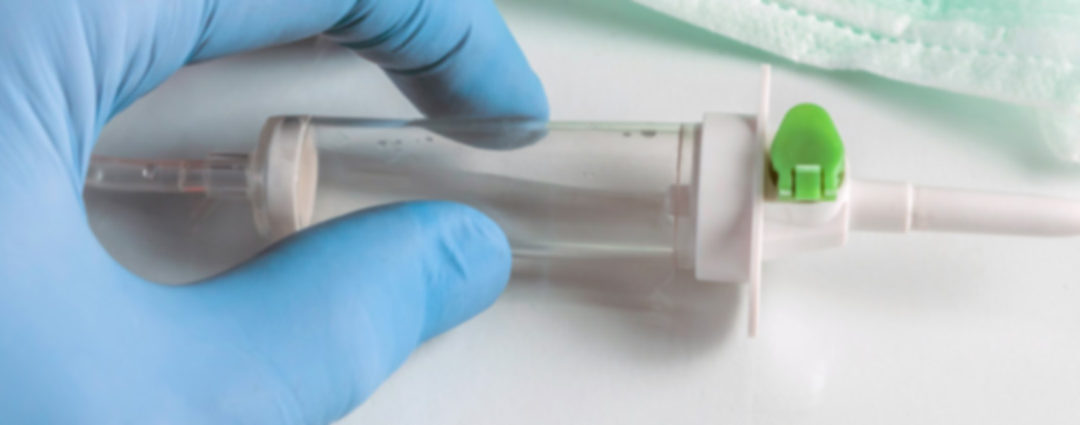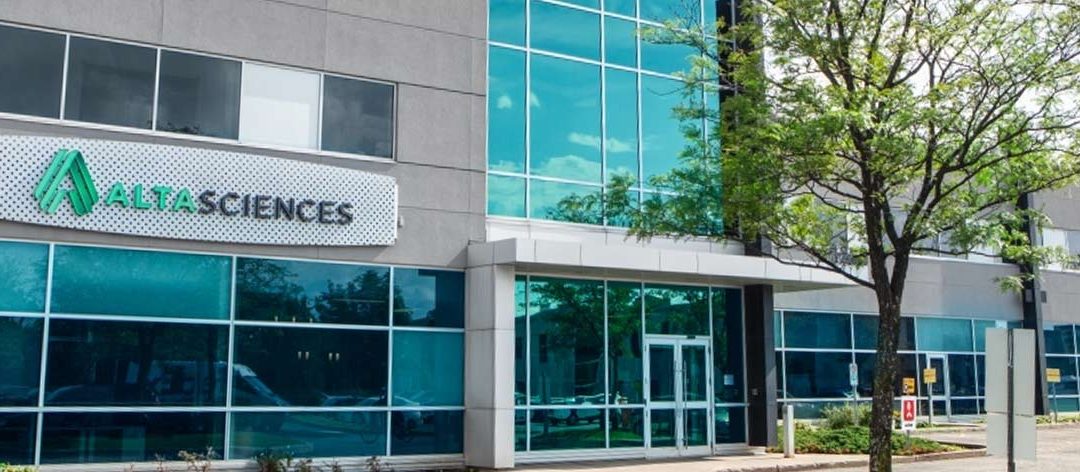Nelson Labs and Sterigenics Germany GmbH, announced today the opening of State-of-the-Art Laboratory and Expand Sterilization Cleanroom Facilities


Nelson Labs and Sterigenics Germany GmbH, announced today the opening of State-of-the-Art Laboratory and Expand Sterilization Cleanroom Facilities

Nelson Labs and Sterigenics Germany GmbH, announced today the opening of a newly expanded, center of excellence for microbiological laboratory testing as well as increased sterilization capacity in their Wiesbaden, Germany facilities. This expansion will address the significantly increased demand for these services by the medical device and pharmaceutical industries.

Altasciences today announced the continued expansion of their formulation, manufacturing, and analytical services facilities in Philadelphia, PA.
The Controlled Environmental Solutions business is made up of highly specialized testing and certification services, control procedures and tailored decontamination technology for the clean room to ensure optimal performance of the environment and end-user compliance to highly regulated industry standards.
A next-generation biomanufacturing plant incorporates multiple innovative technologies into a single facility, and therefore is built in half the construction time with approximately one half of the operating cost of a traditional plant. The next-generation biomanufacturing plant require a smaller manufacturing footprint and offer greater environmental benefits, including reduced consumption of water and energy and lower levels of carbon emissions.
The U.S. Food and Drug Administration (FDA) has approved the first ever non-surgical treatment for the rare neuroendocrine cancers pheochromocytoma and paraganglioma. The approval was based on a multi-center trial led by researchers in the Abramson Cancer Center of the University of Pennsylvania and was granted to Progenics Pharmaceuticals for AZEDRA.
Platelet BioGenesis (PBG), the leader in the production of functional human platelets (PLTs+™) from stem cells and the development of platelet-based therapeutics, announced it has moved into brand new lab space in Cambridge, MA. Located next to MIT, the newly renovated property puts Platelet BioGenesis in the heart of the most dynamic biotech cluster in the world.
The study demonstrates that the new plant system for norovirus vaccine production is effective against the tenacious pathogen and that the versatile method could be used for the development of a broad range of novel vaccines. It is estimated that an effective vaccine against gastroenteritis could save billions of dollars in healthcare costs in the U.S. alone.
Osteoarthritis (OA) is a joint disorder that affects 28 million people in the United States. With no current disease-modifying therapy for OA, most patients rely on symptomatic relief to manage joint inflammation and chronic pain.
When tissue is damaged, one of the body’s first inflammatory immune-system responders are macrophages, cells which are commonly thought of as “construction workers” that clear away damaged tissue debris and initiate repair. However, prolonged inflammation promotes the progression of many diseases, including obesity.
With an aim to grow and further establish their international presence in pharmaceutical manufacturing, Wockhardt inaugurated a ‘state-of-the-art’ sterile dry powder injection cleanroom manufacturing facility for the production and packaging of sterile dry powder injection in Dubai. On approval of the new drug by US FDA, this manufacturing facility will be commissioned for commercial production.
Genomma Lab will be able to focus on lowering its production costs, and thus offering more affordable medicines and products across the region.”, said Mr Maximo Juda, CEO of the Company. “Both multi-lateral institutions will not only provide long-term financing but also key strategic advice given their extensive industry expertise in pharma and environmental matters”, added Mr. Antonio Zamora Galland, CFO of Genomma Lab